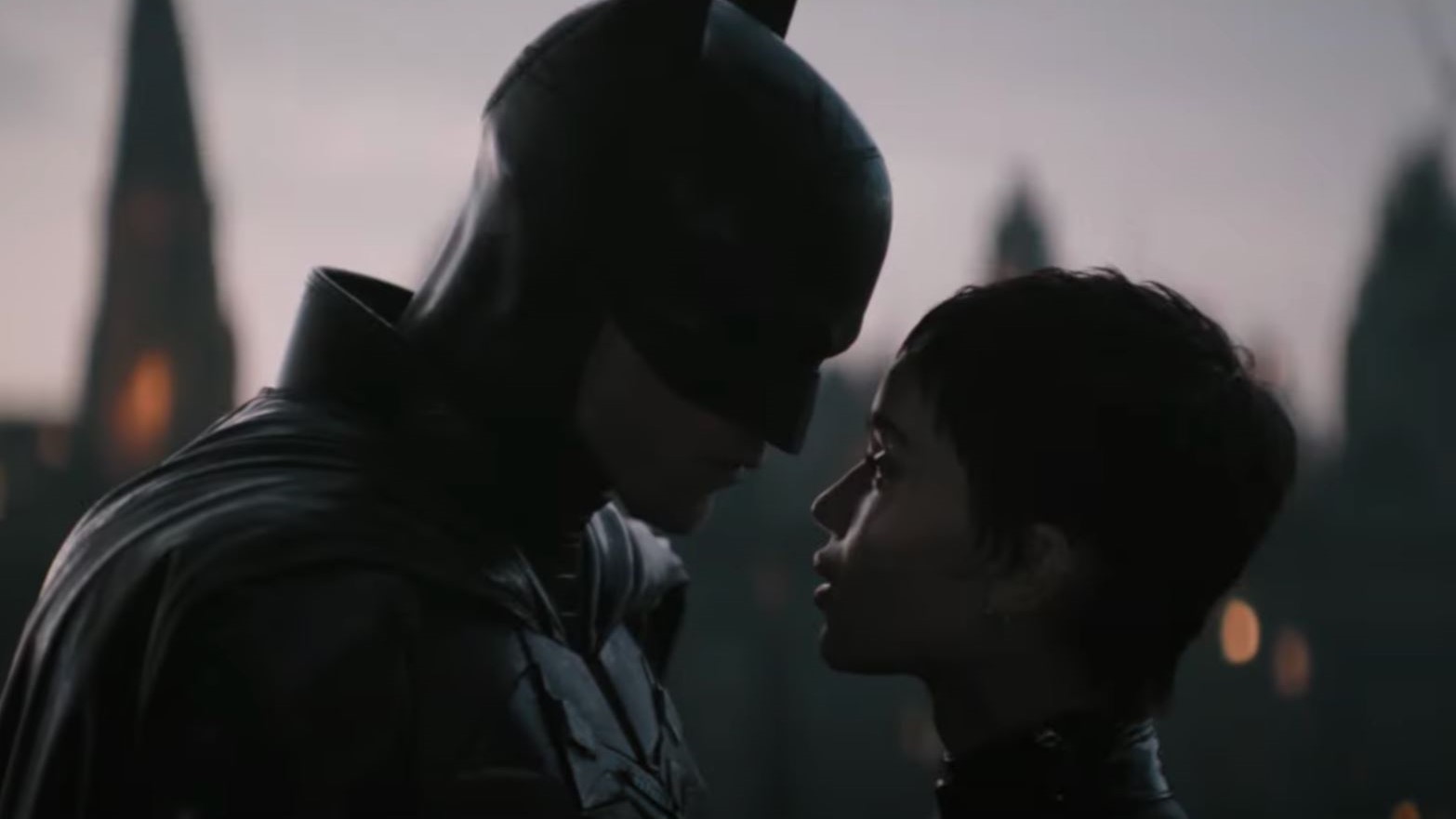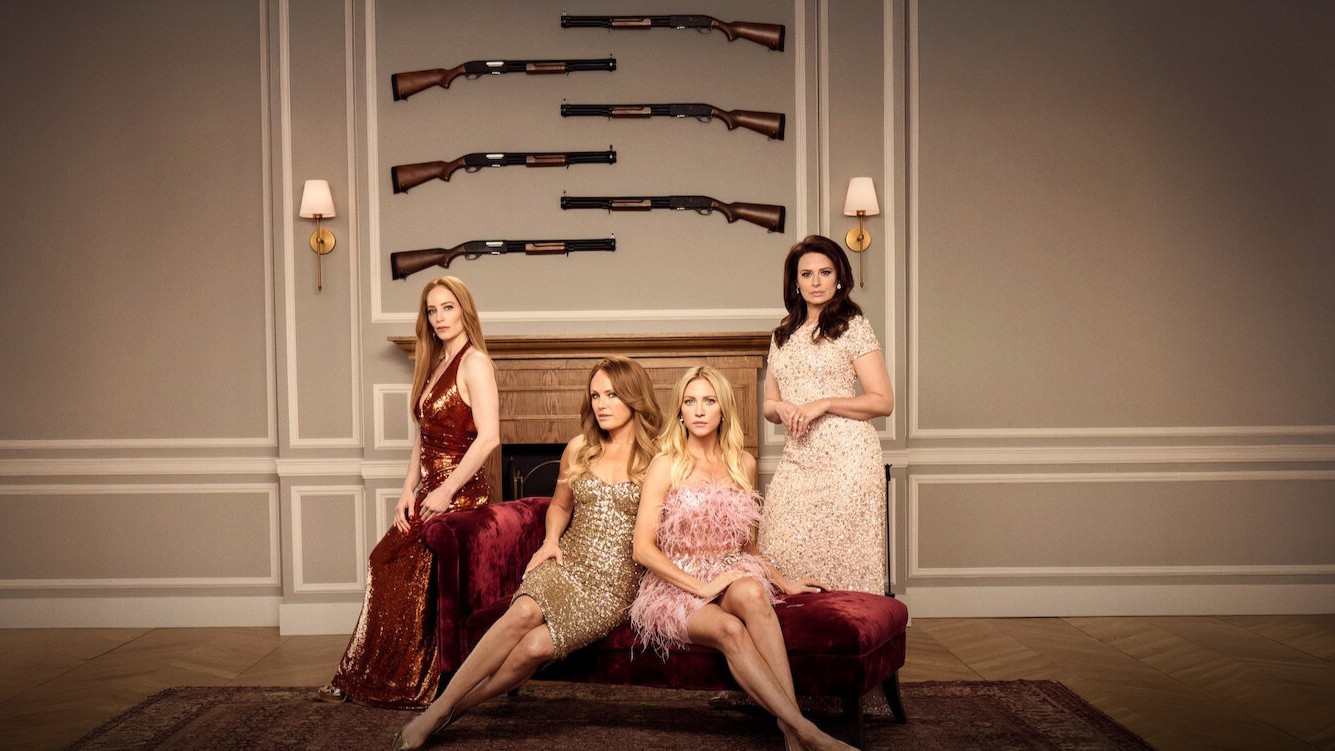What to Watch Verdict
'The Batman' fires on all cylinders and commits to its darkest impulses without losing sight of the light at the core of its protagonist.
Pros
- +
Pattinson is an excellent Bruce Wayne
- +
The nihilistic tone and grimy production design sell you on a corrupt Gotham
- +
The action hits hard
Cons
- -
The narrative pulls some punches when it should have leaned harder into nihilism
- -
Paul Dano's Riddler is a little exaggerated for this film's tone
One really shouldn’t doubt Matt Reeve’s capabilities as a blockbuster filmmaker. Despite The Batman’s initially off-putting runtime of nearly three hours, the director of Cloverfield and Dawn of the Planet of the Apes has crafted another winning franchise entry, drawing inspiration from David Fincher crime films like Seven and Zodiac, and the long form detective intrigue of Batman comics like Jeph Loeb and Tim Sale’s The Long Halloween. The Batman is a dark, surprisingly nihilistic interpretation of Gotham City and its caped defender, and while not without its share of self-inflicted wounds, it offers a vision of the Dark Knight that is more holistic and human than previous film interpretations.
Framed as a detective story, Batman (Robert Pattinson) is brought in by Lieutenant Gordon (Jeffrey Wright) to assist in the investigation of the mayor’s violent murder. The plot gradually develops into a sweeping examination of power, greed and corruption at the heart of Gotham City, showing an urban wasteland with a festering heart kept beating by powers hidden in the shadows.
Reeve’s vision of Gotham is appropriately grimy and bloodstained — a sickly, cancerous metropolis where crime is on the rise. It's not simply because bad people decide to do bad things though, but because the economic climate is so hostile that might makes right as much in the streets as in the halls of power.
This is the setting in which Pattinson’s Batman reveals himself, walking steadily from the shadows with footsteps that thunder out in an ominous warning of vengeance. Fight choreography seems to take heavy influence from the Arkham video games, with an emphasis on Batman’s ability to manipulate multiple attackers at once and strike fear in their hearts with merely his presence.
However, Pattinson’s interpretation of the character is also sadder than previous Batmans, tortured by the traumas of his childhood in a way that makes the batsuit feel less like a calling and more like a penance. This plays into a character arc that's a rebuttal to the assertion Batman must be defined by his pain. Though the film is rather bleak at times, it’s also incredibly attuned to the humanity that drives its characters.
Foremost among the supporting cast is Zoë Kravitz as Selina Kyle (aka Catwoman), who radiates honest-to-goodness sexual chemistry with Pattinson. Her vision of Catwoman is simply a gifted burglar who’s struggling to get by, driven to help The Bat’s investigation by common goals rather than altruistic intention. She’s a fascinating foil to Batman’s attempted personification of vengeance for vengeance’s sake.
The rest of the principal cast acquits themselves just as admirably, whether it’s Andy Serkis portraying butler Alfred as a guardian who loves Bruce Wayne but could never quite be the father he needed or John Turturro delivering a properly menacing turn as crime boss Carmine Falcone. Colin Farrell is an appropriately slimy and underhanded version of The Penguin, though the heavy use of prosthetics to realize the character feels like a casting misstep, no matter how well the effect looks in practice.
The latest updates, reviews and unmissable series to watch and more!
The only real weak point among the cast is Paul Dano’s serial killer take on The Riddler. His actions are a perfectly adequate impetus to push the plot into motion and upon first impression the character is suitably ruthless and disturbing. However, once the layers of Riddler’s persona are peeled away, the performance comes across as too tightly wound, too heightened for the grounded reality that The Batman finds itself in. To some extent this is clearly intentional, showcasing the instability that underlies the murderous intent, but Dano dials the gesticulations and vocal ticks so high at one point that it comes across as a cartoonish attempt at a Diet Joker.
In fact, the attempt to Joker-ify The Riddler speaks to some underlying issues with the film on a narrative level. Though the film does an admirable job balancing the darkness of its material with the accessibility of a PG-13 rating, there are times when it could dive deeper into the inherent cynicism of its premise. Instead, it backs away in order to preserve preconceived notions of Batman continuity and lore, possibly to avoid alienating a specific subset of fans.
In some instances, the choice is understandable. However, there is a rather noteworthy twist involving the Gotham Police Department that feels so unearned it comes across as all too convenient for a tale about systemic corruption. This is especially true when contrasted to how the police are portrayed earlier in the film.
Even so, The Batman is some of the most entertaining blockbuster filmmaking we’ve had in a while. Whether it’s the fiery intensity of a Batmobile car chase, the puzzle-solving theatrics of a compelling mystery or simply the reverberating theme of Michael Giacchino’s incredible score, this is a film that fires on all cylinders and commits to most of its darkest impulses without losing sight of the light at the core of its protagonist. In the hands of gifted filmmakers like Matt Reeves, three hours feels like nothing.
The Batman opens in theaters on March 4.
Leigh Monson has been a professional film critic and writer for six years, with bylines at Birth.Movies.Death., SlashFilm and Polygon. Attorney by day, cinephile by night and delicious snack by mid-afternoon, Leigh loves queer cinema and deconstructing genre tropes. If you like insights into recent films and love stupid puns, you can follow them on Twitter.


